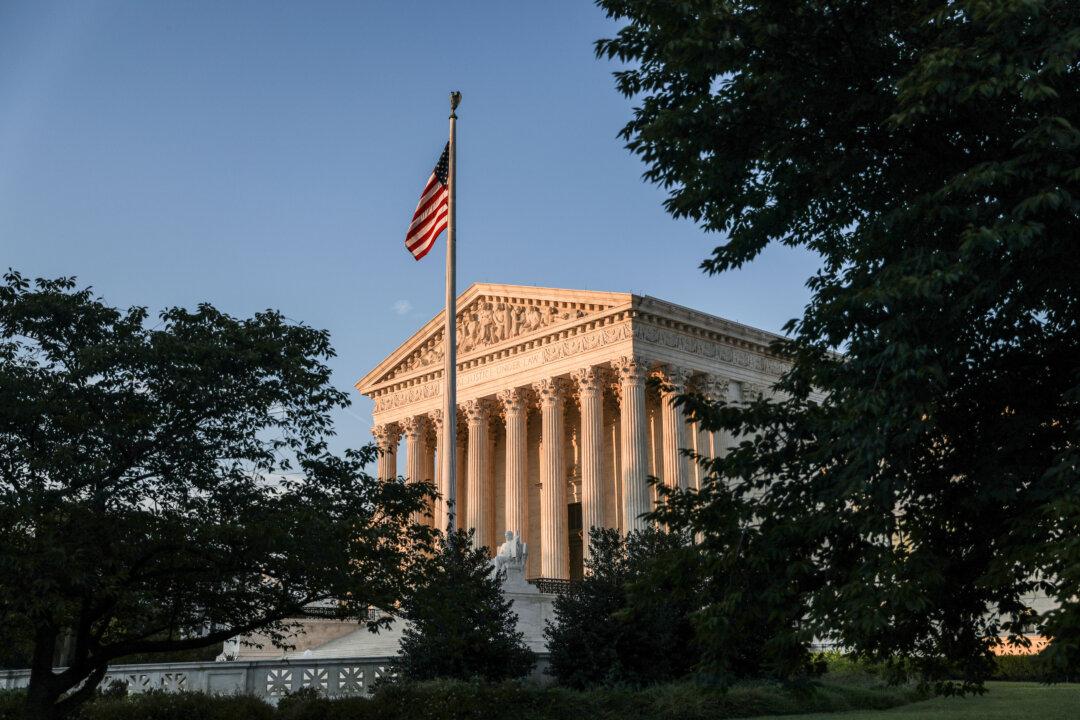WASHINGTON—The Supreme Court has decided to hear Ford Motor Company’s challenge to Minnesota and Montana court decisions that allowed personal injury lawsuits regarding cars sold out of state to proceed.
The case is potentially important because the Supreme Court could clarify where personal injury plaintiffs are supposed to sue automakers when claiming damages for defective automobile design or other causes. Courts throughout the nation have issued a plethora of contradictory rulings on the issue, which business advocates say encourages plaintiffs to go forum-shopping.





